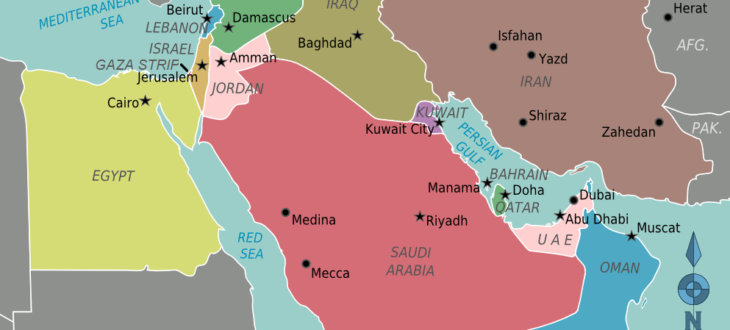In moral theory, there are three main ethical frameworks: deontological ethics, character-based ethics, and consequentialist ethics.
In character-based ethics, the most famous by far is virtue-based ethics. But there are other character-based ethics, such as ethics that emphasize chivalry or honor. Ethical systems based on religious precepts could be considered within the first group, that is, deontological ethical systems.
We can analyze the morality and immorality of the actions of Israel and Hamas under any of these ethical frameworks. These ethical frameworks are useful to distinguish whether, for example, when we say that someone is immoral, we are referring to their personal evil in the virtuous sense (in a character-based ethic) or to the consequences of their actions (in a consequentialist ethic).
Unfortunately – from the point of view of clearing up the unknowns in this matter – people do not usually adhere exclusively to one of these frameworks. If each of our meta-ethical frameworks combines all three frameworks, and each of our meta-ethical frameworks is different, and if we are not fully aware of which one it is, each of us will come to different conclusions and it will be very difficult to explain why. It will be impossible to consider which one is better because we are making our analyses from different assumptions, which we have not made explicit. The conversation becomes endless and we do not reach any point.

1 Comment